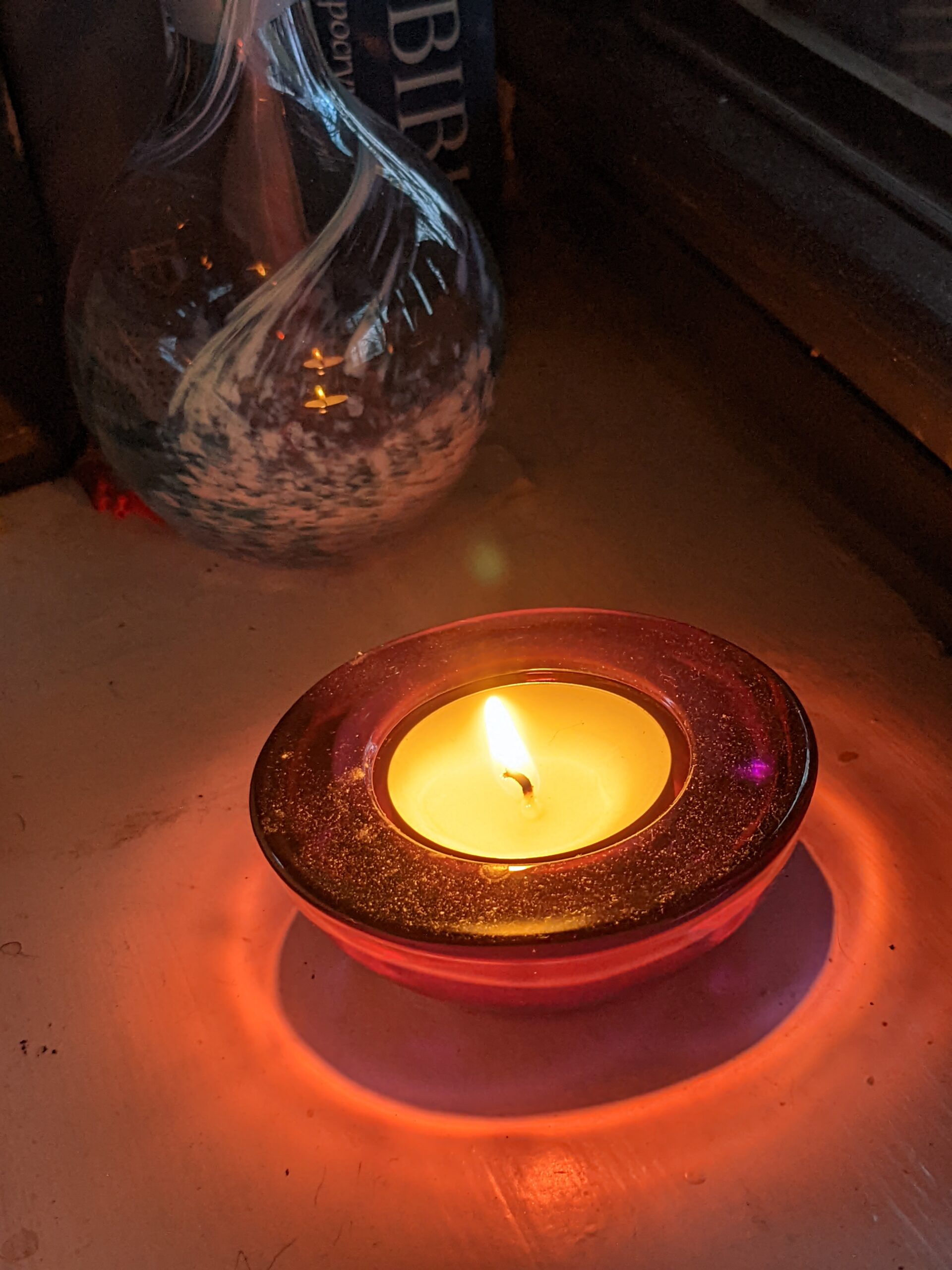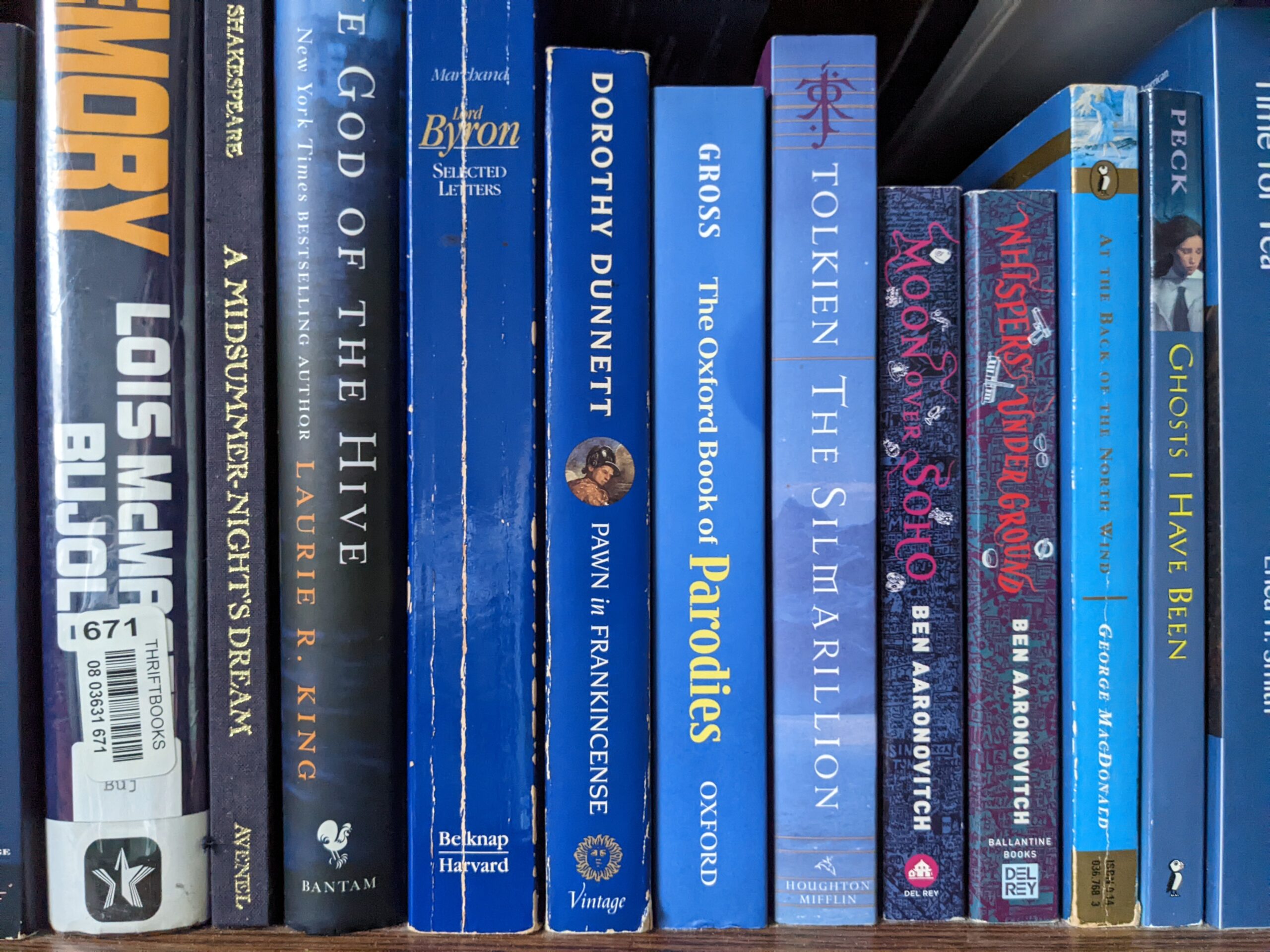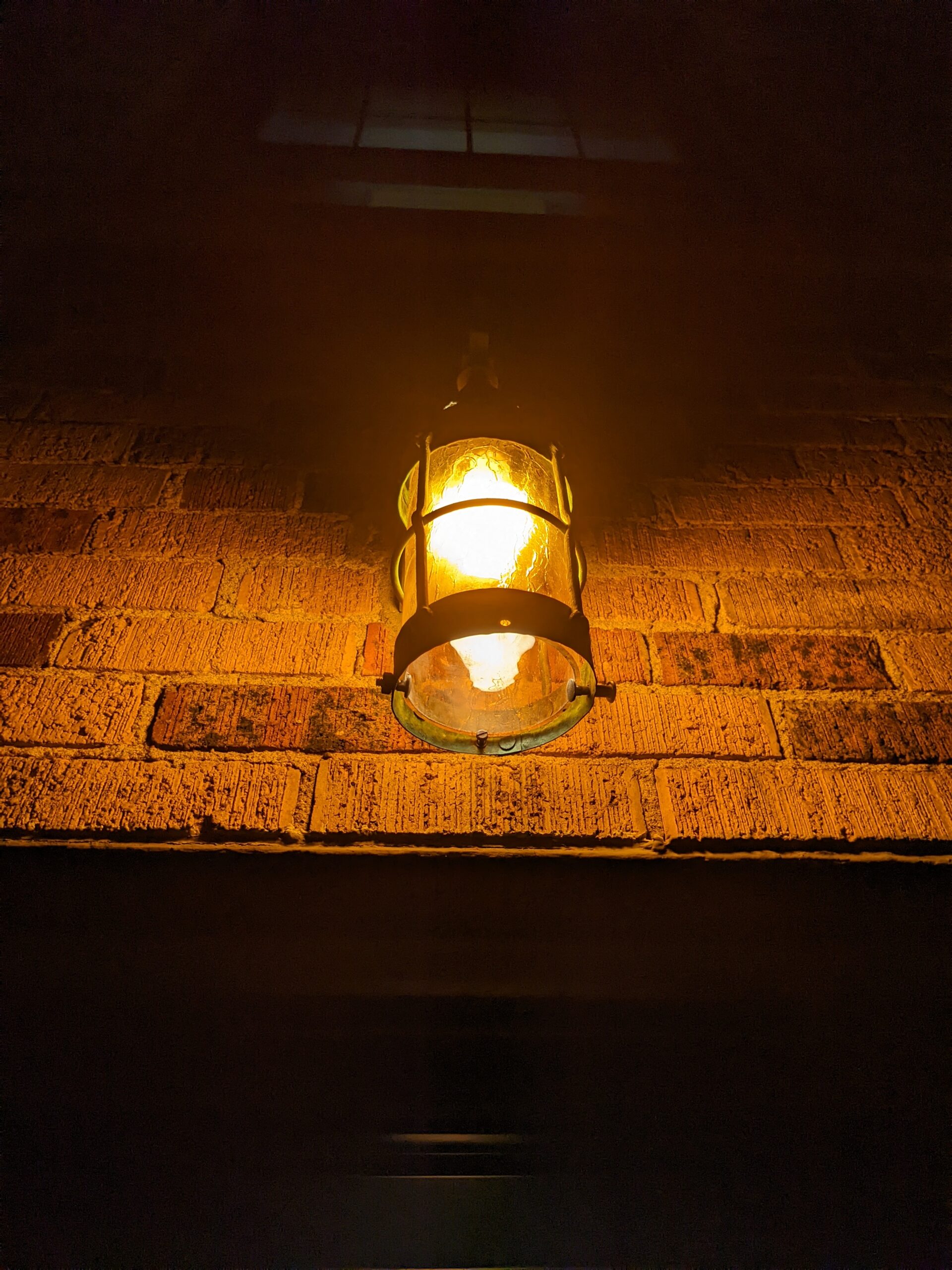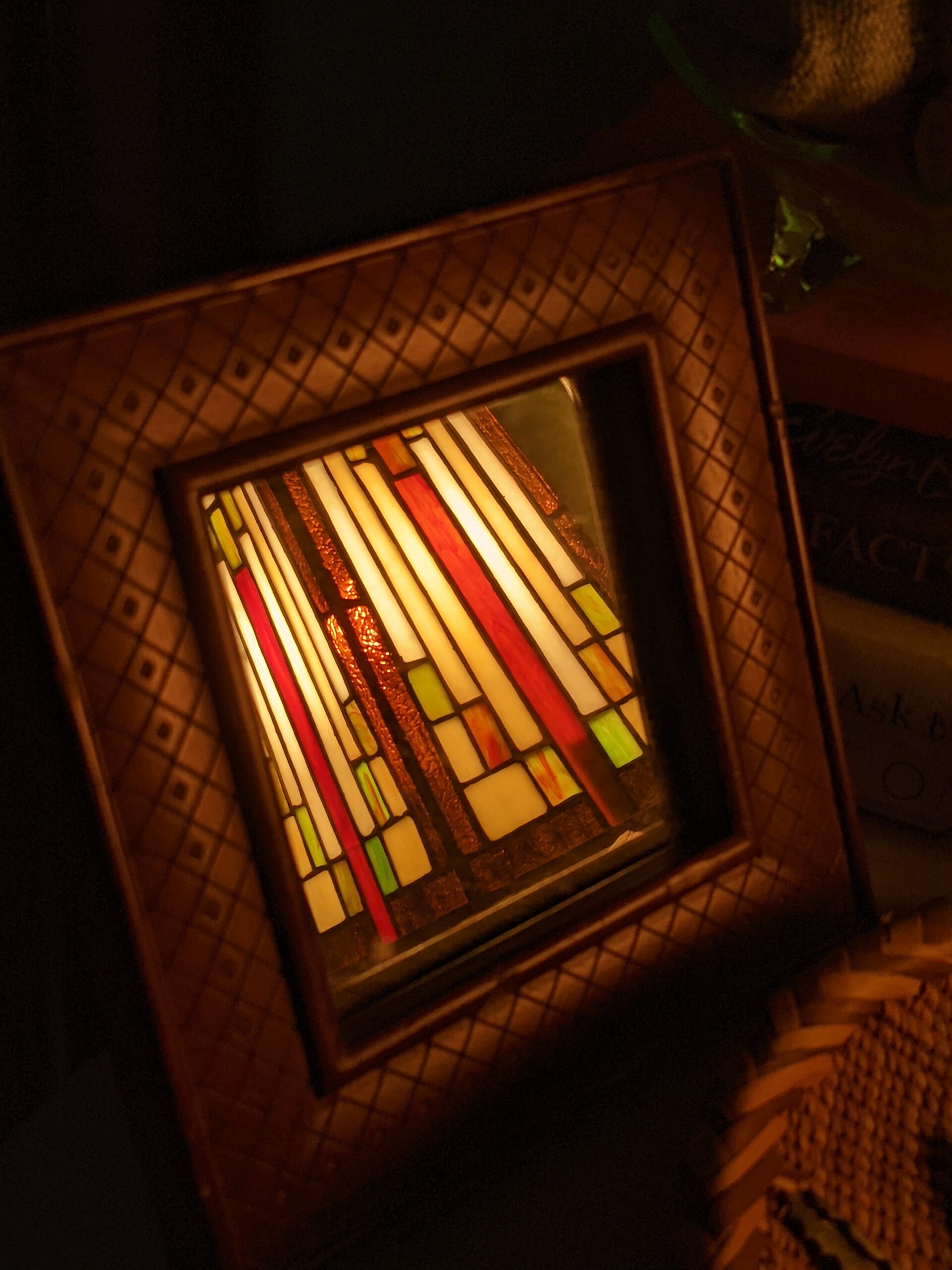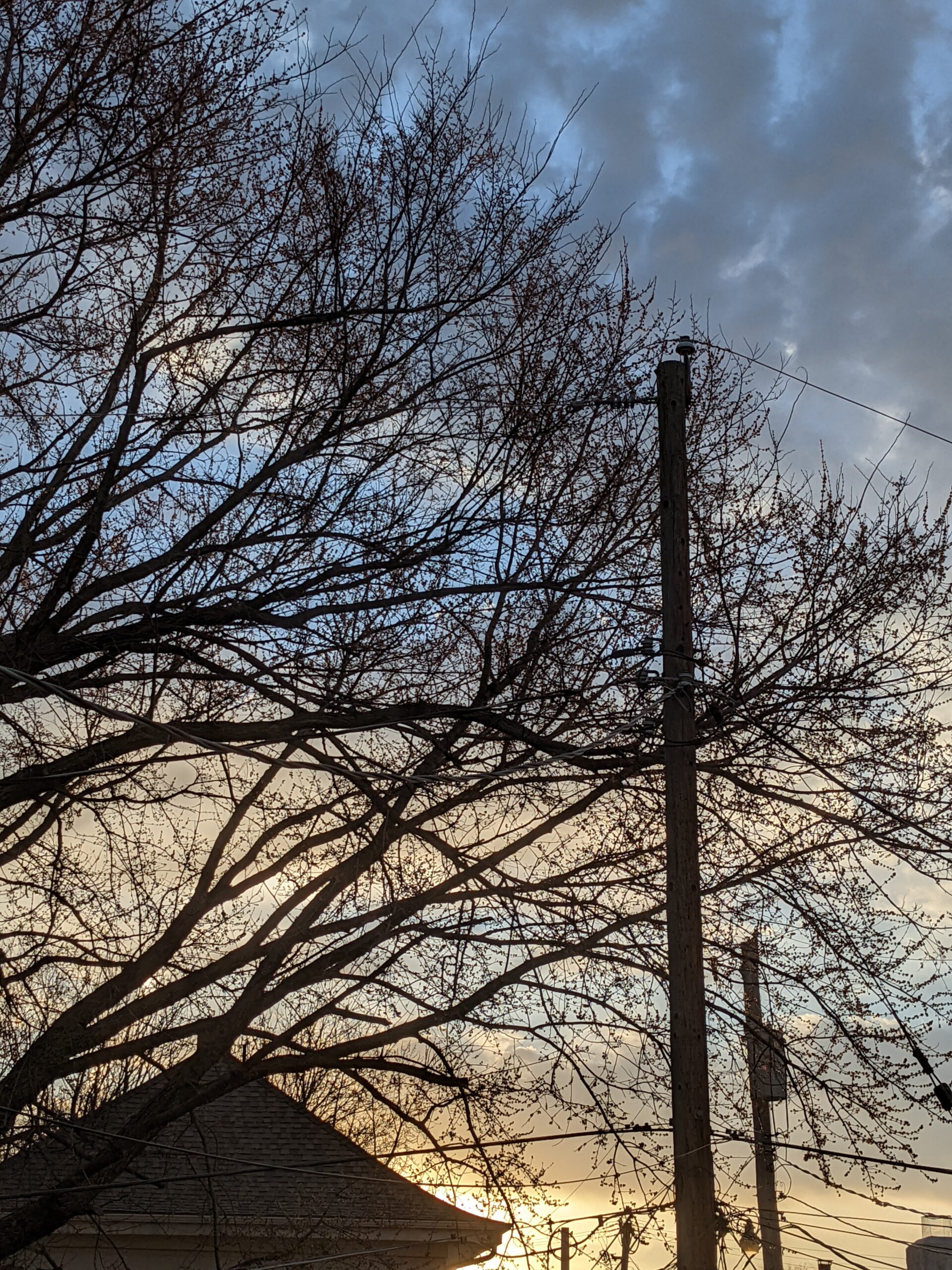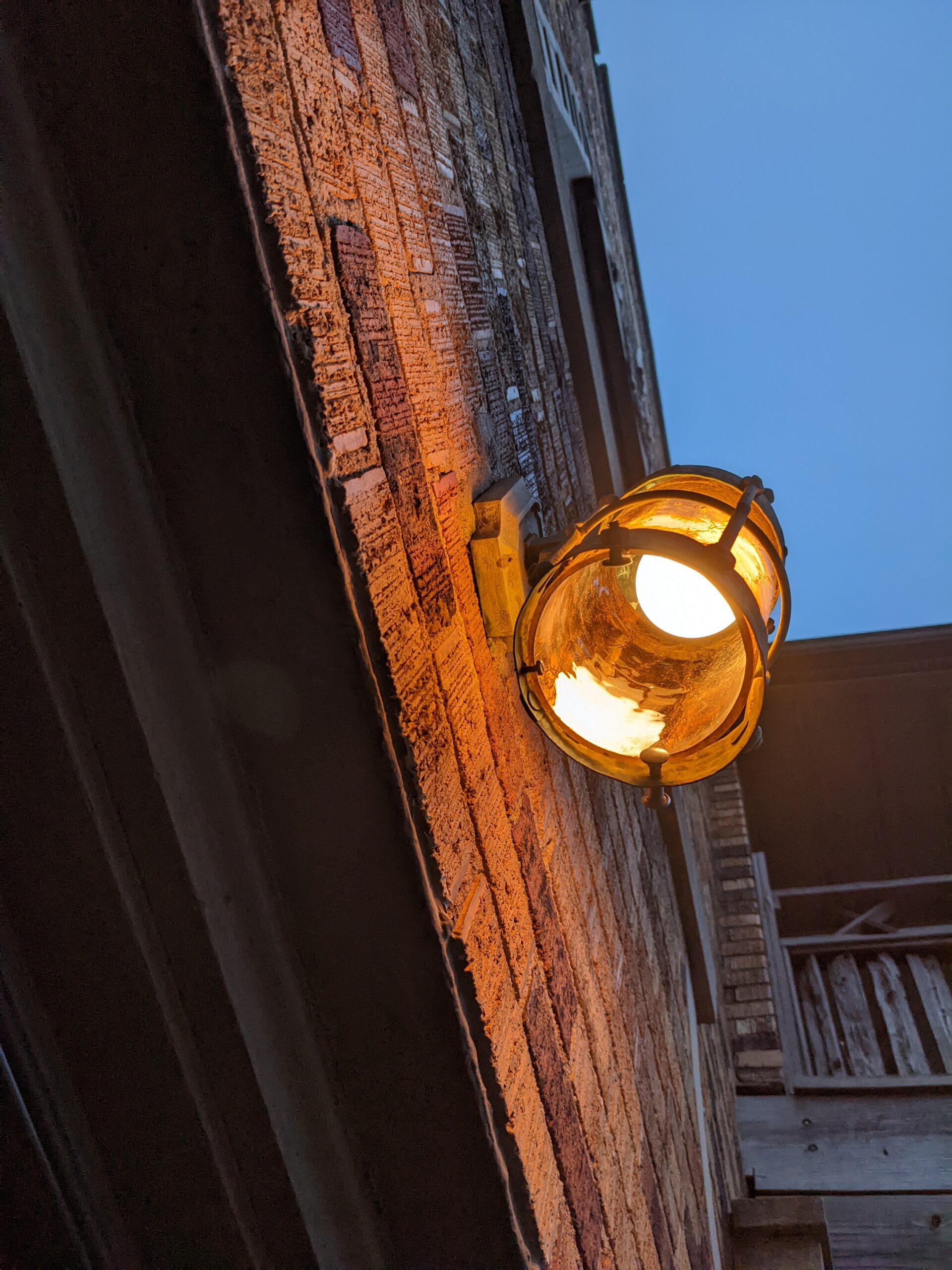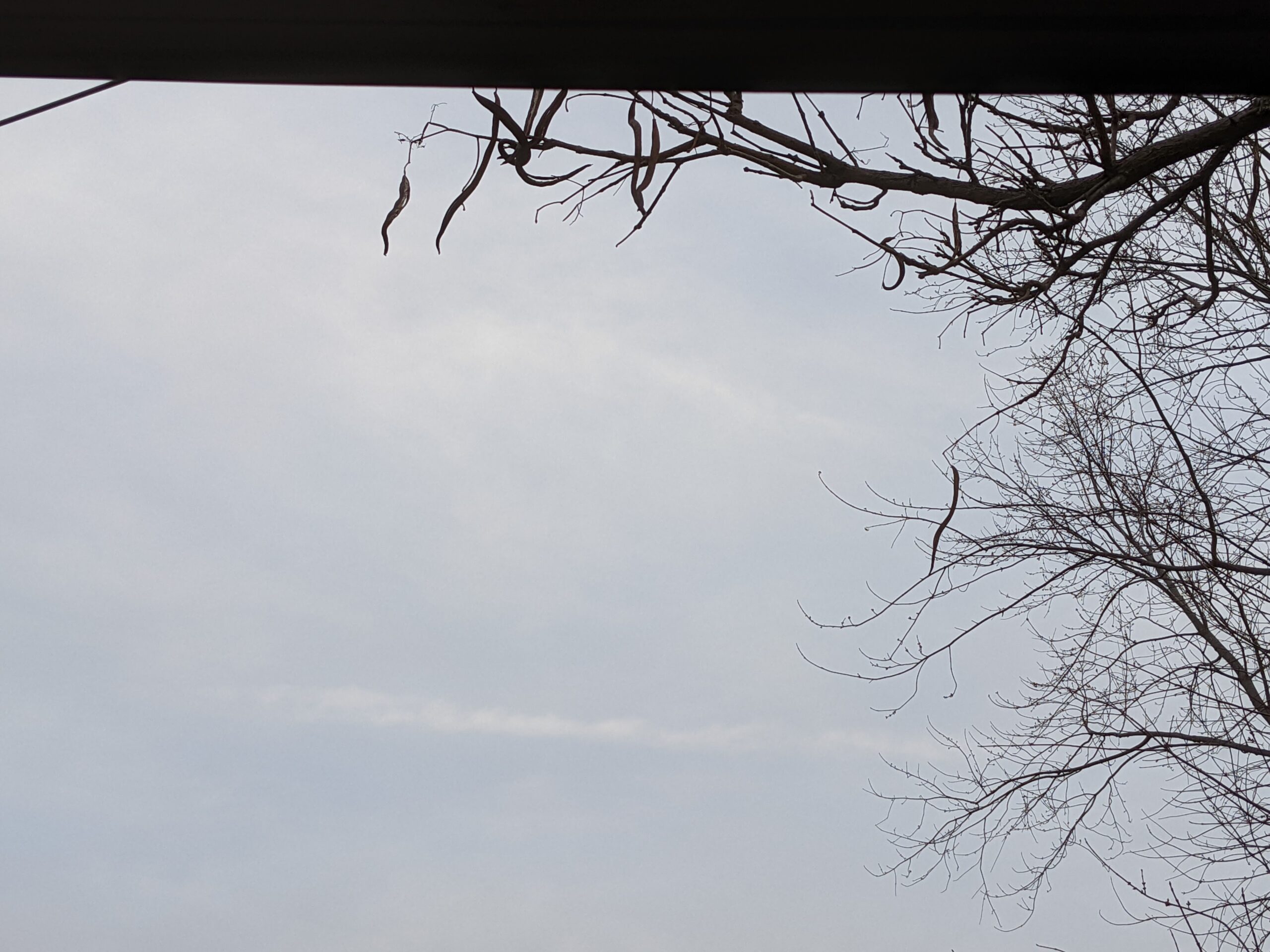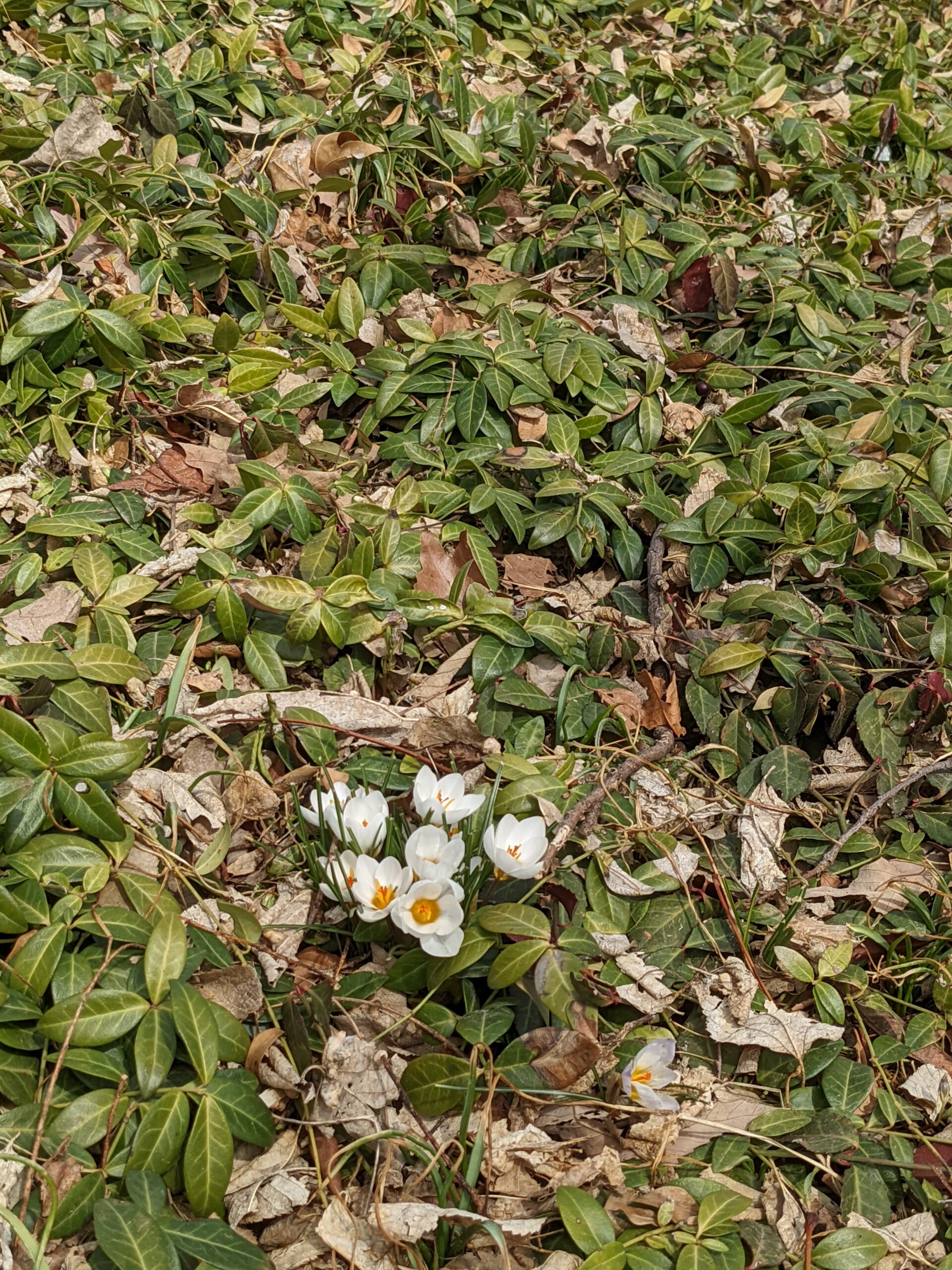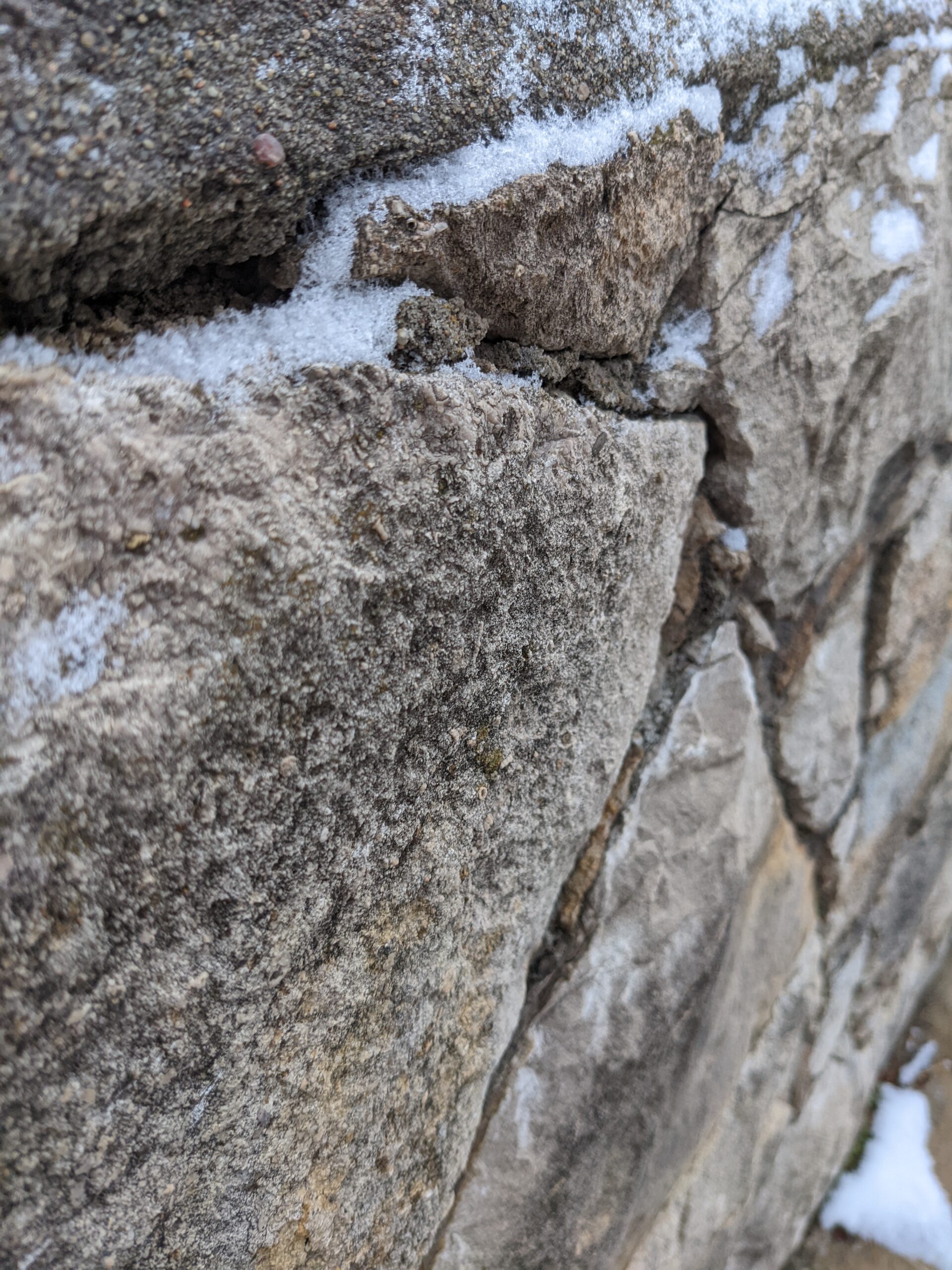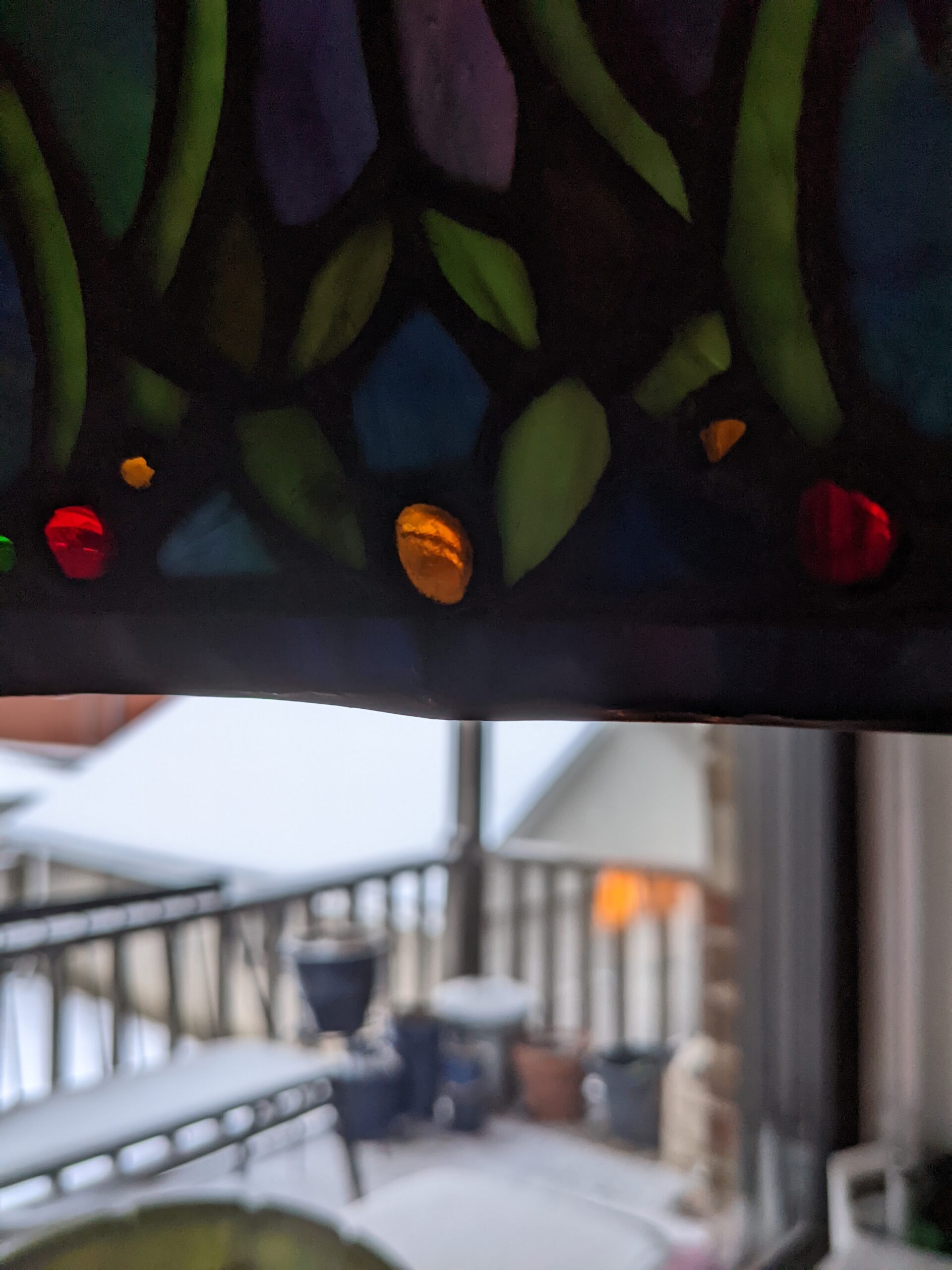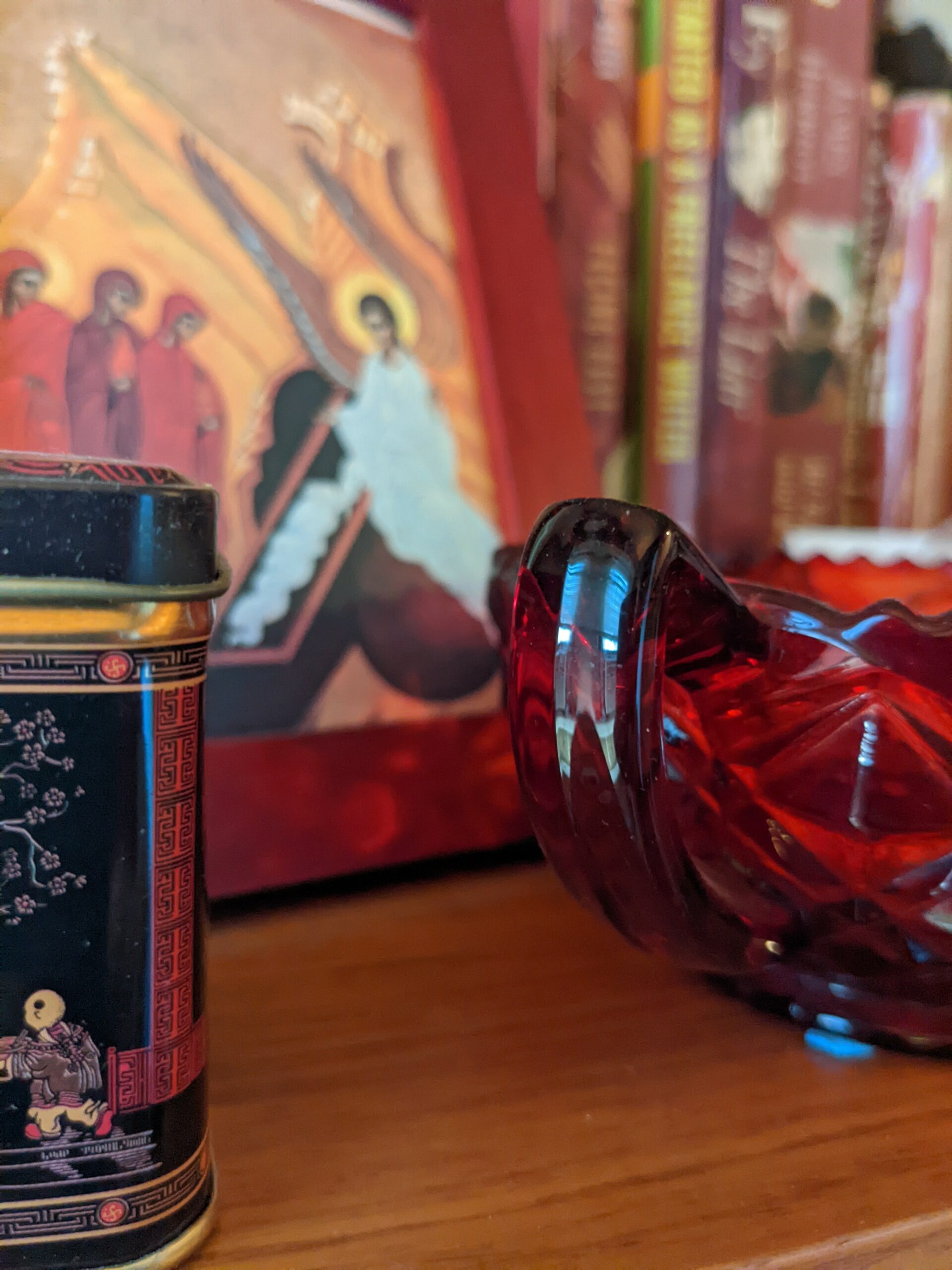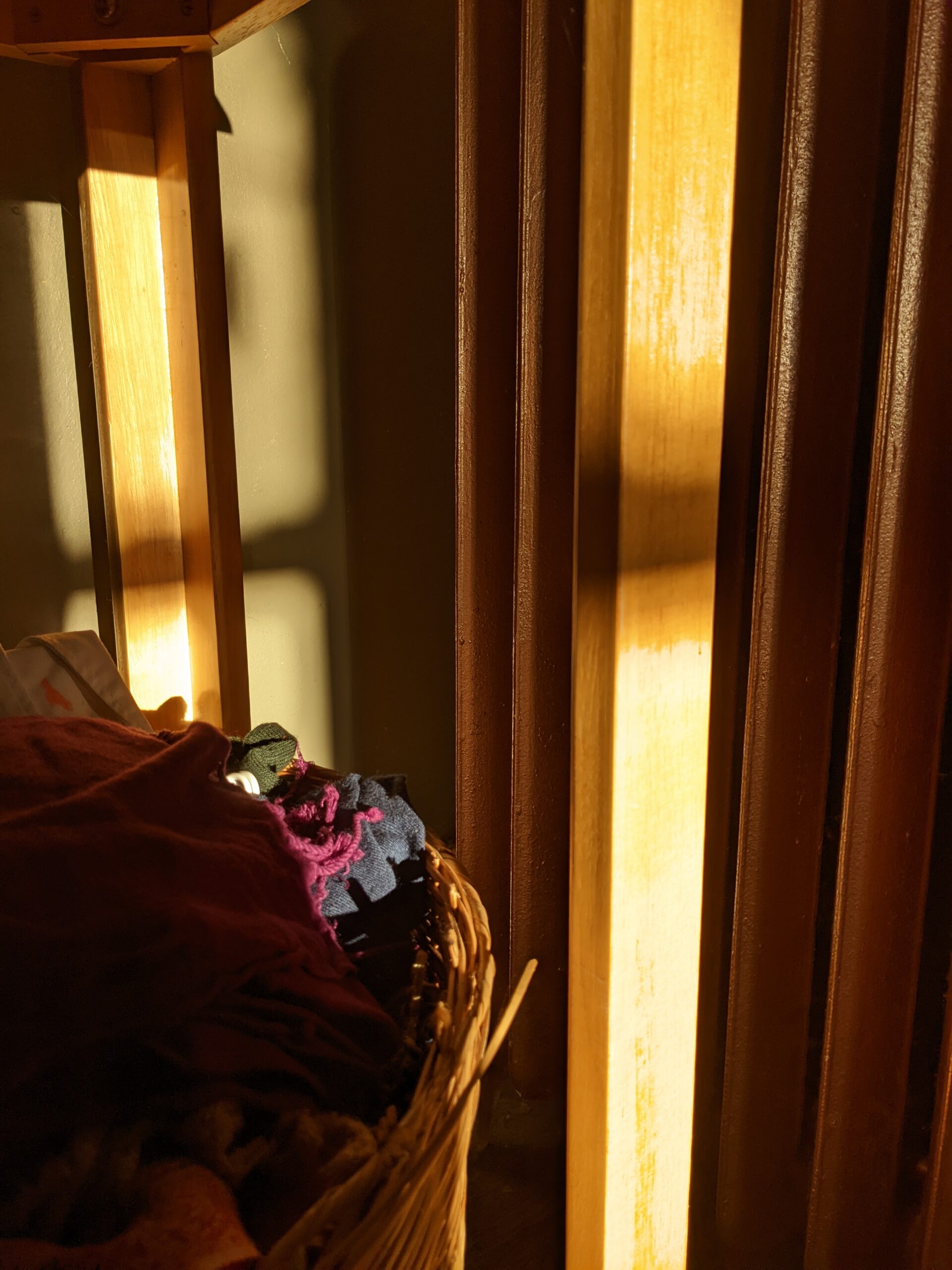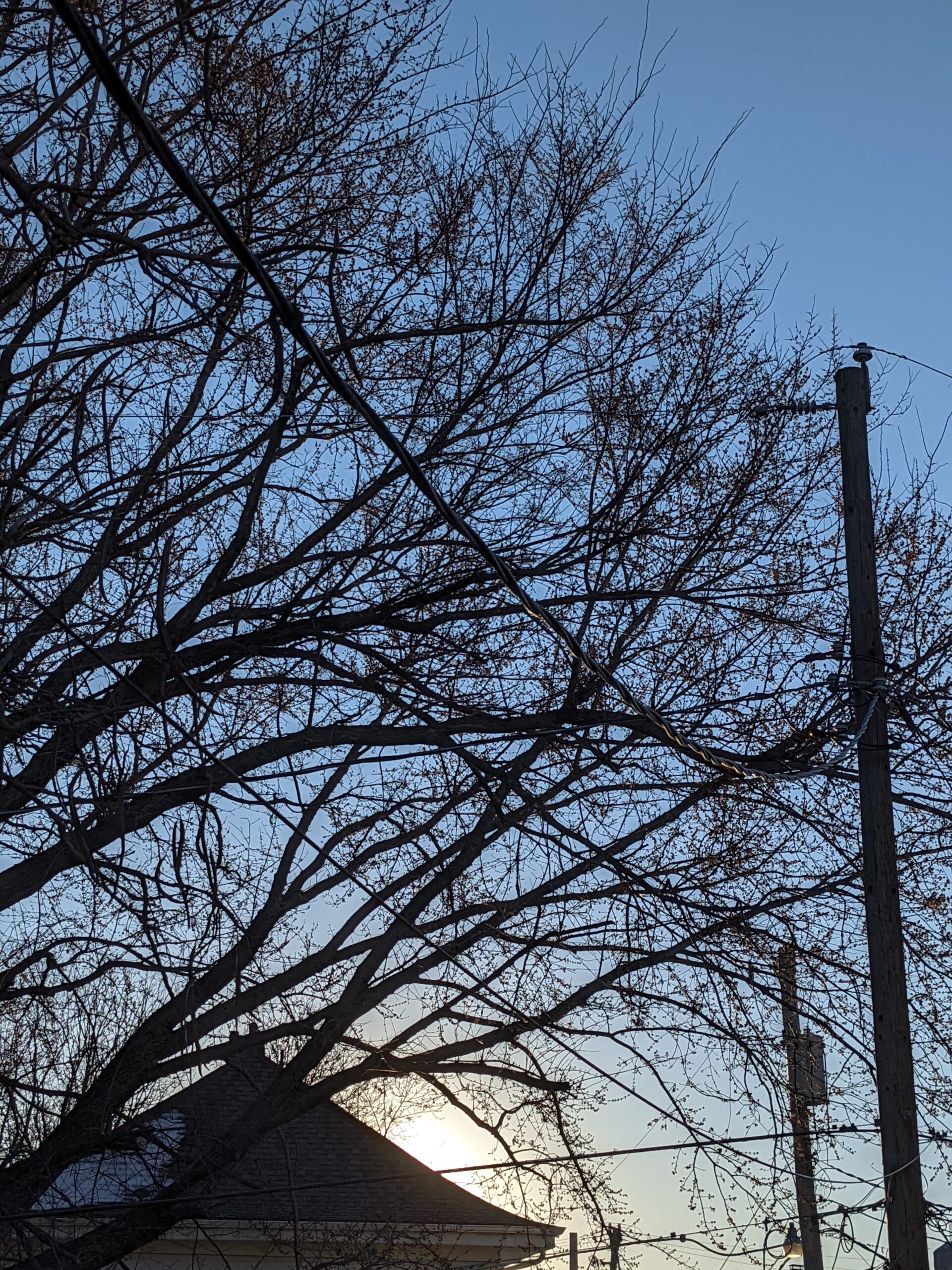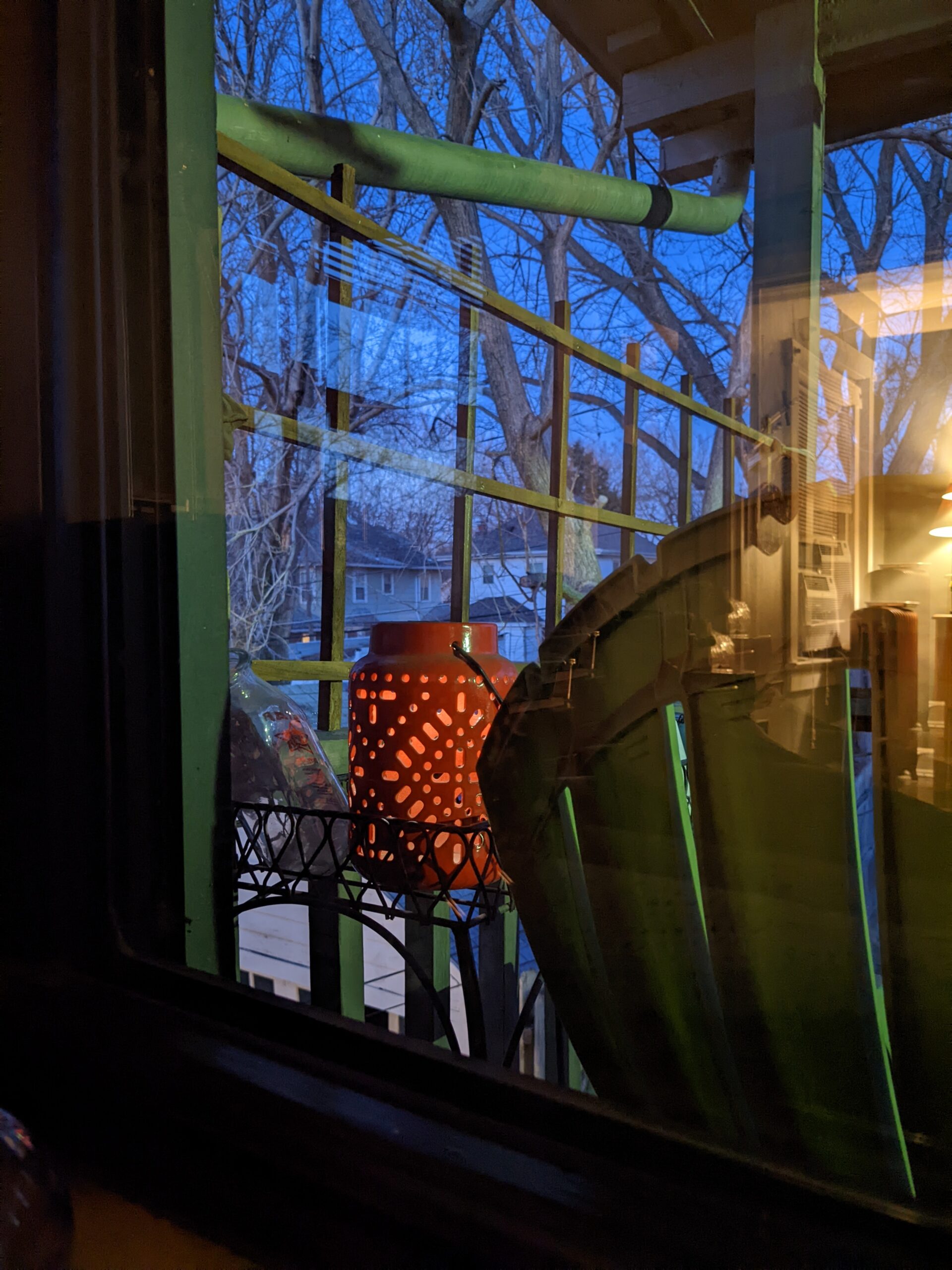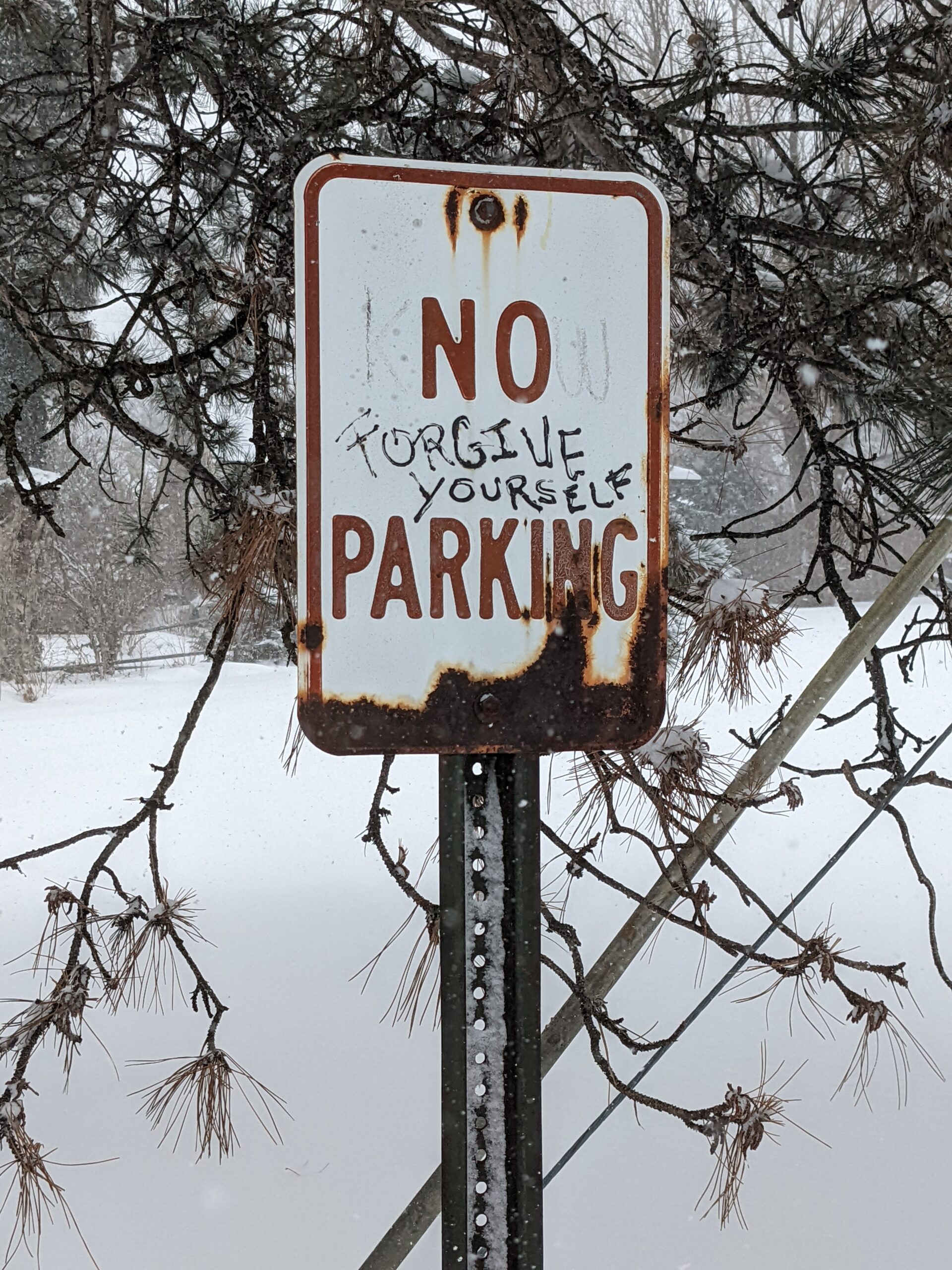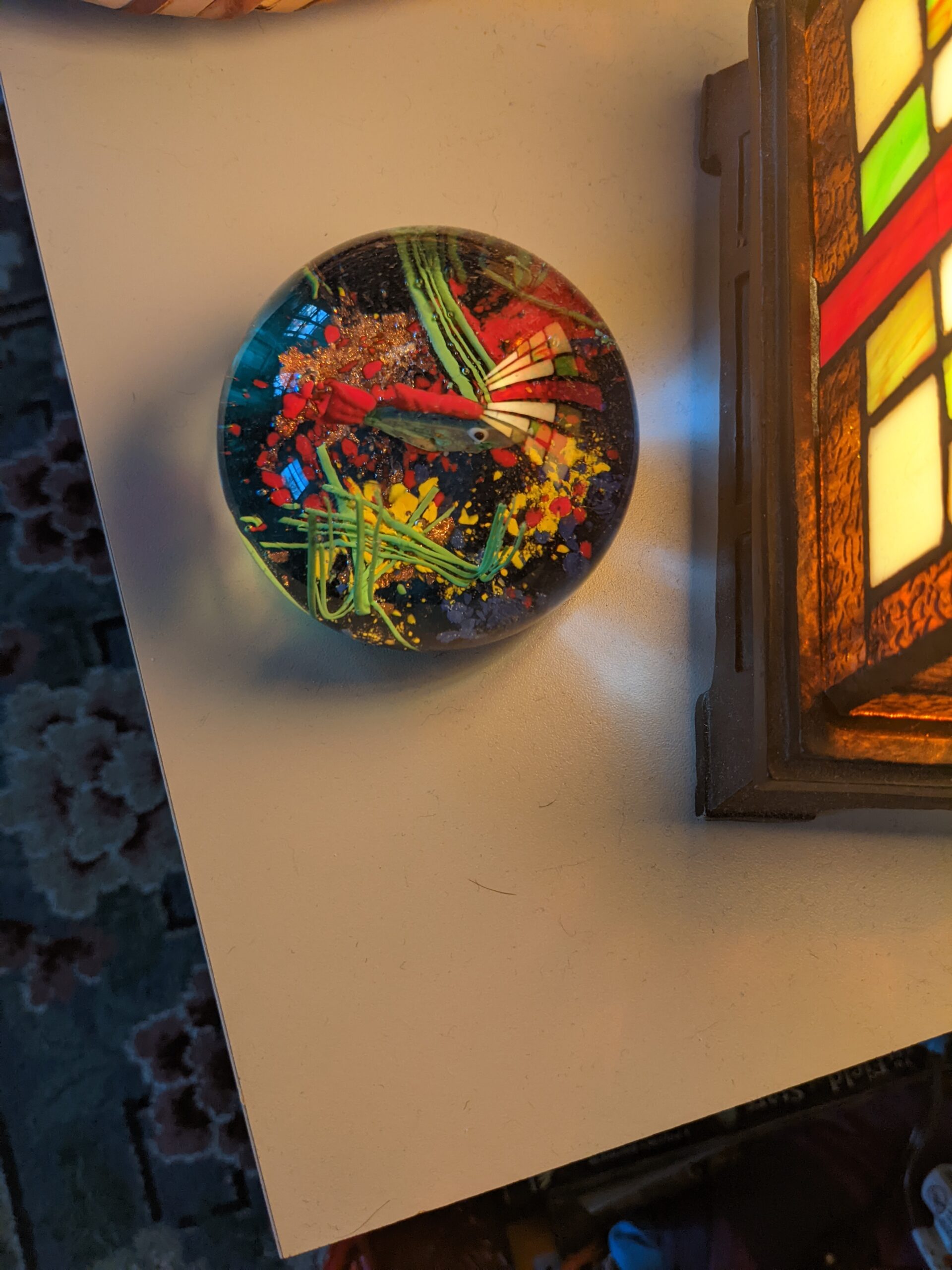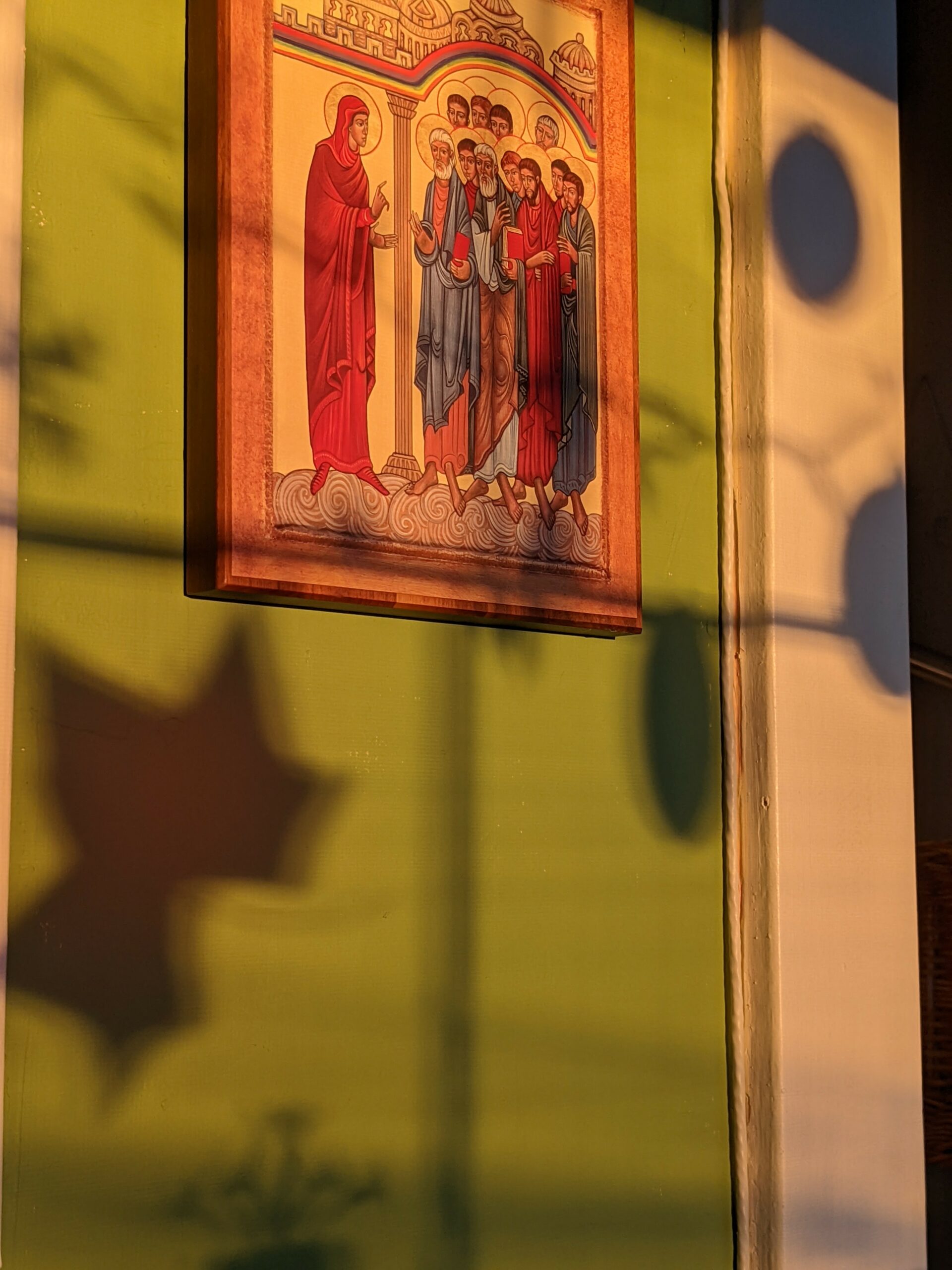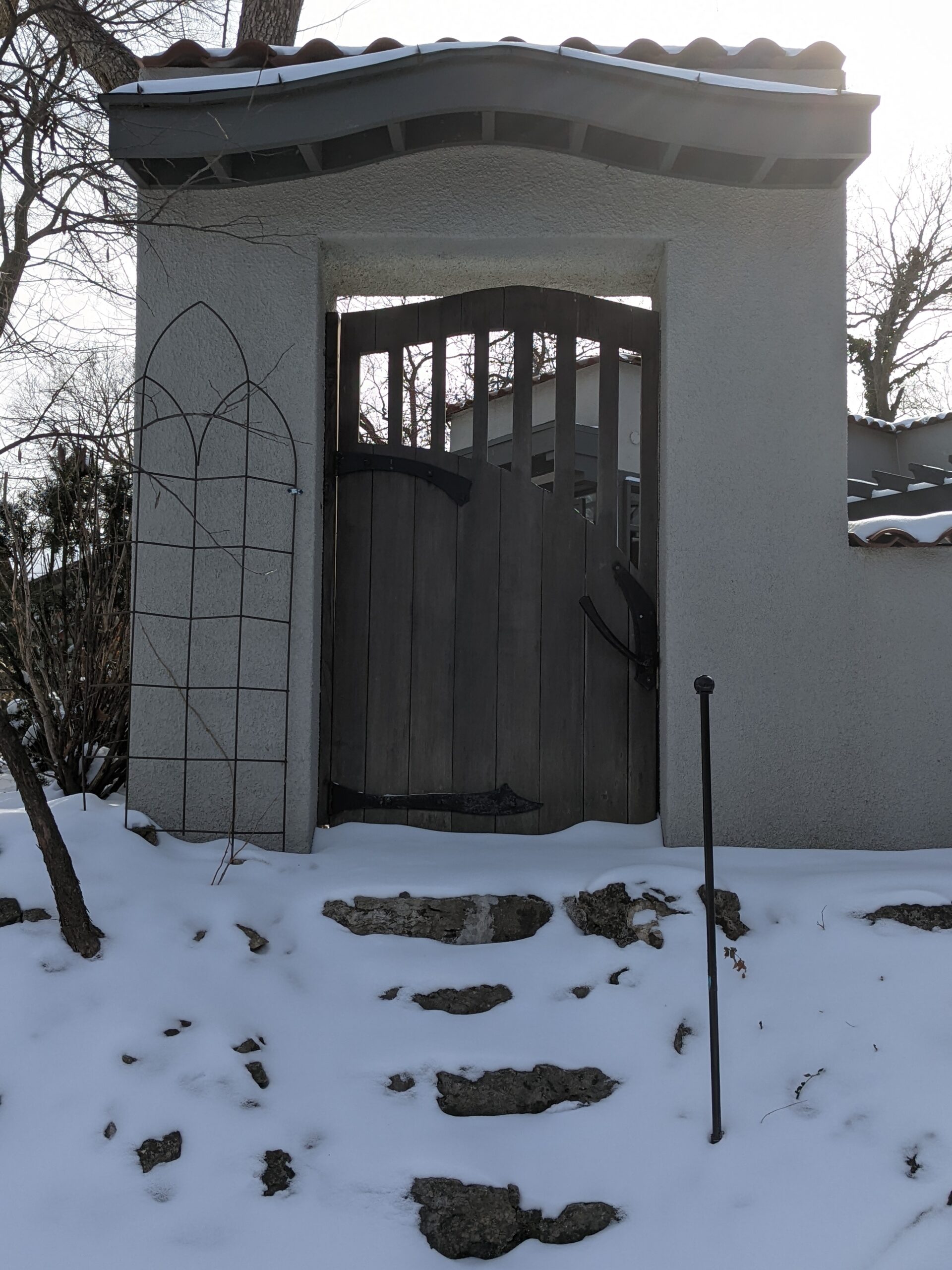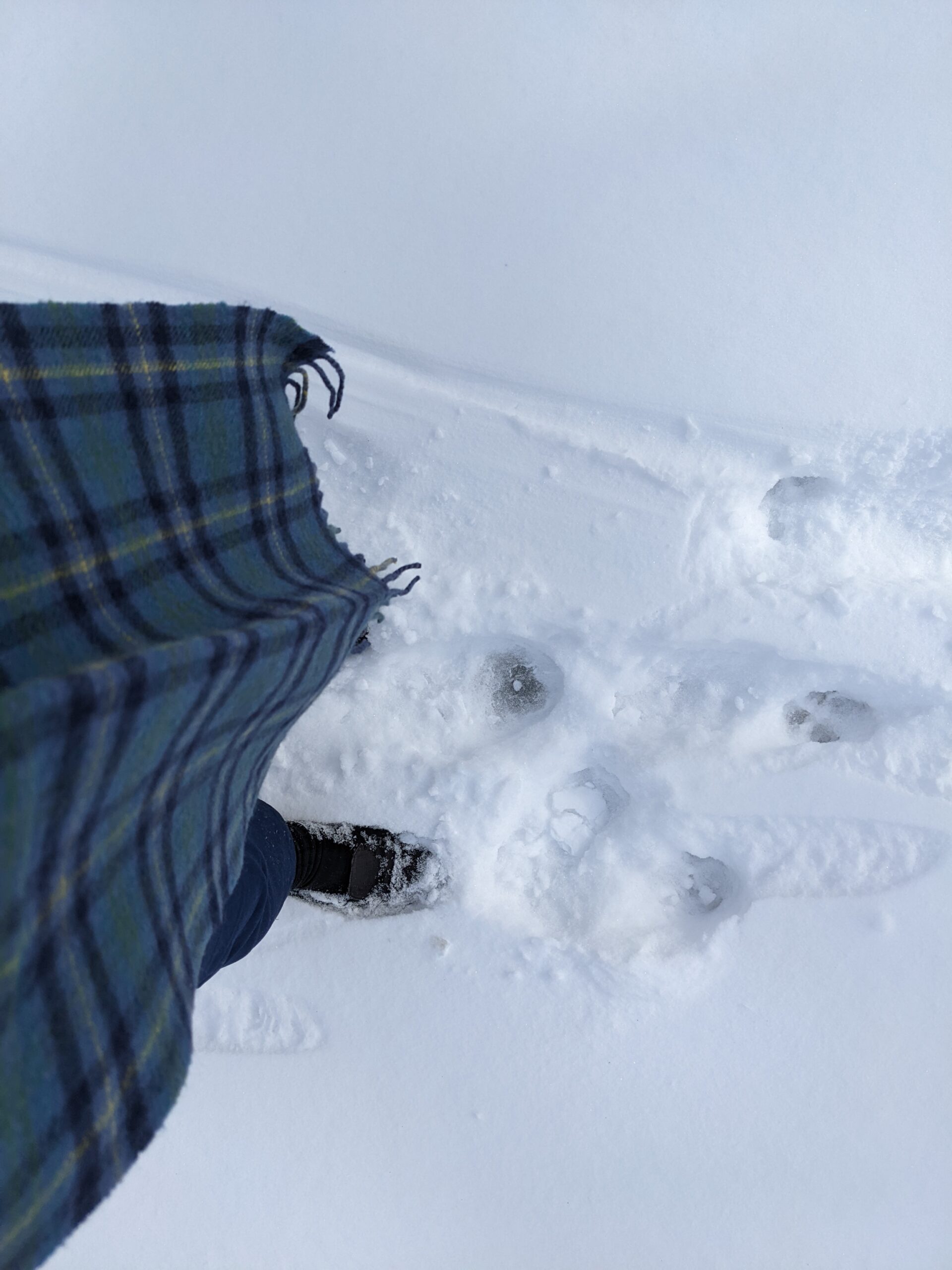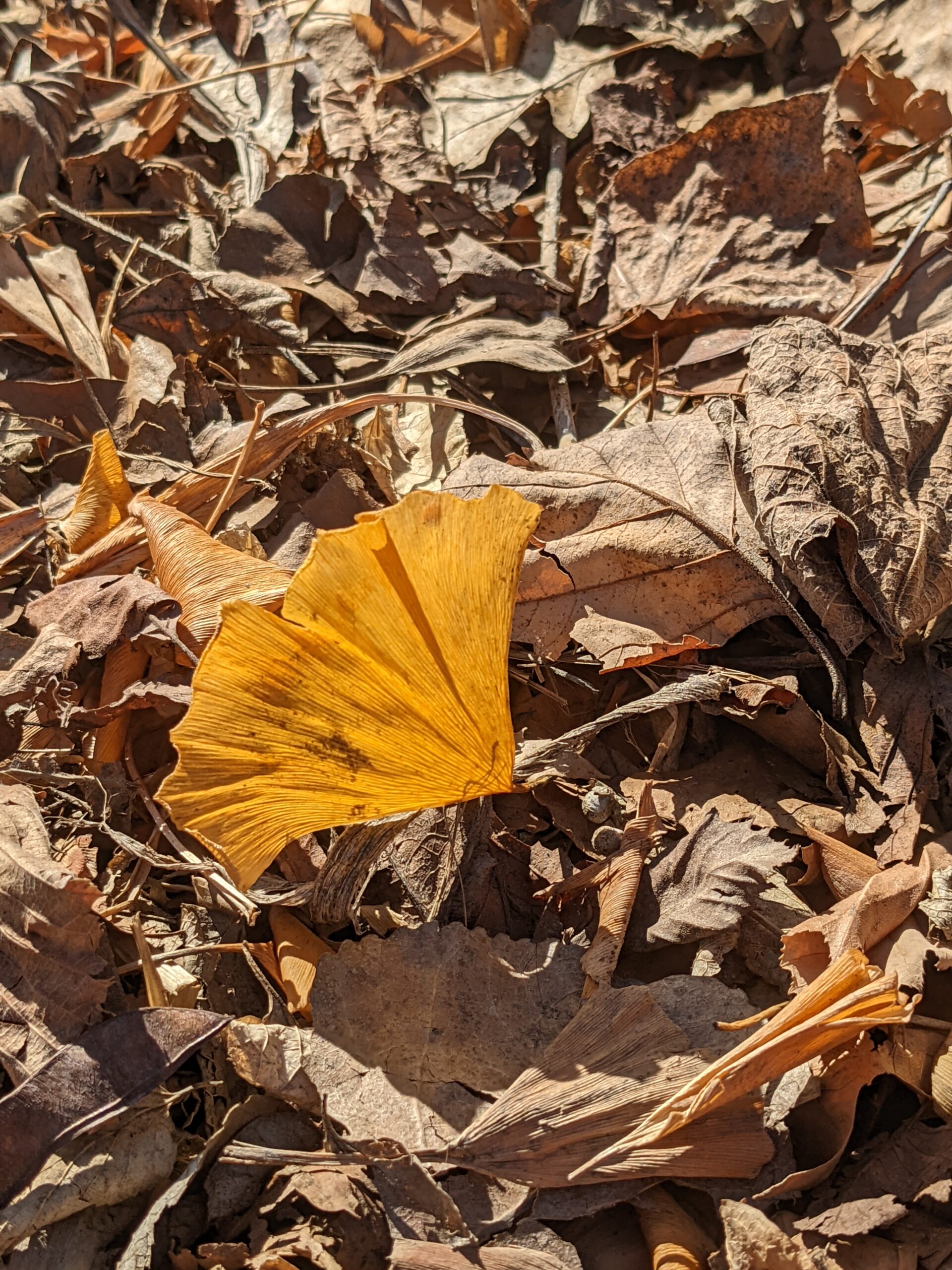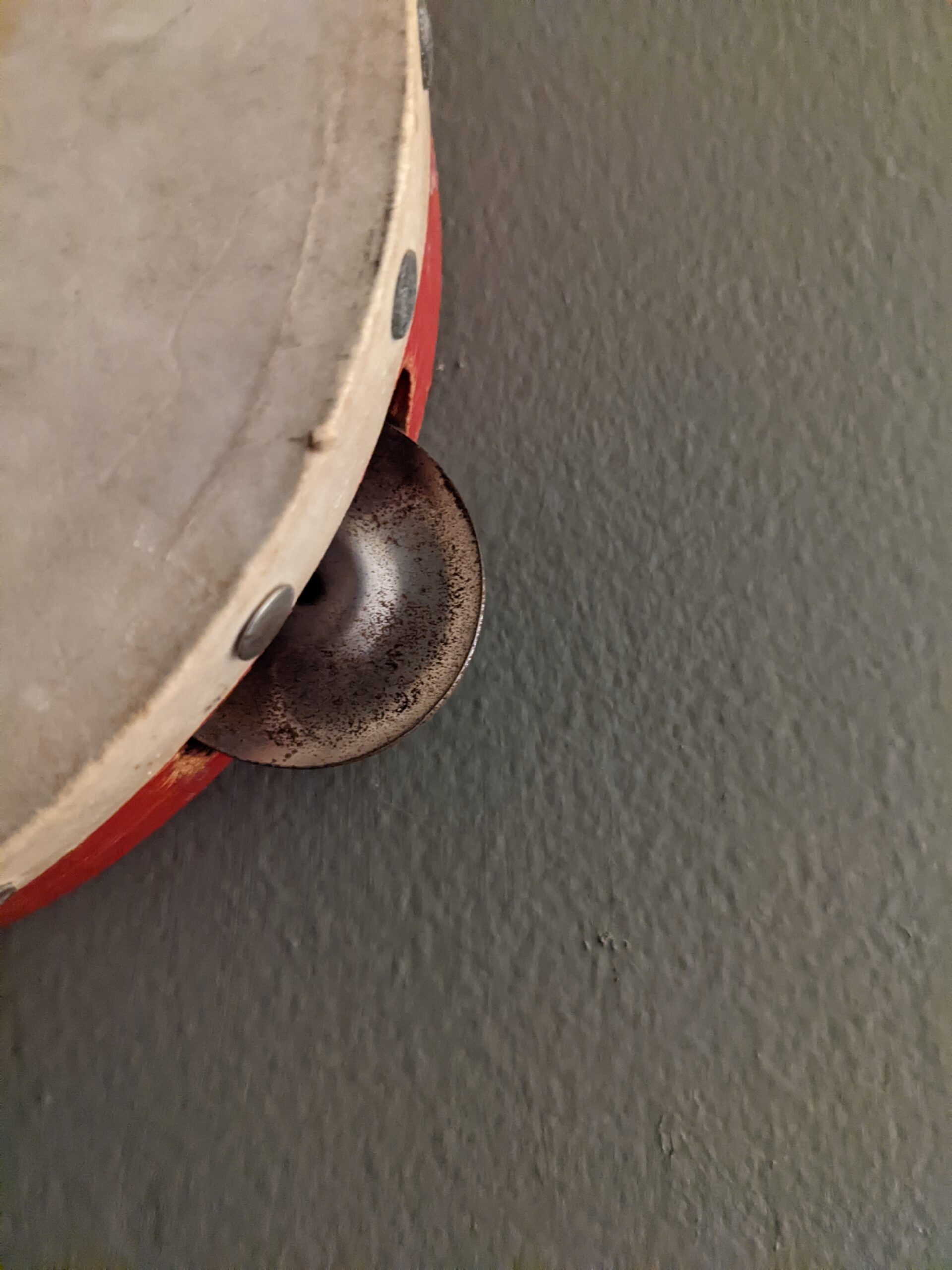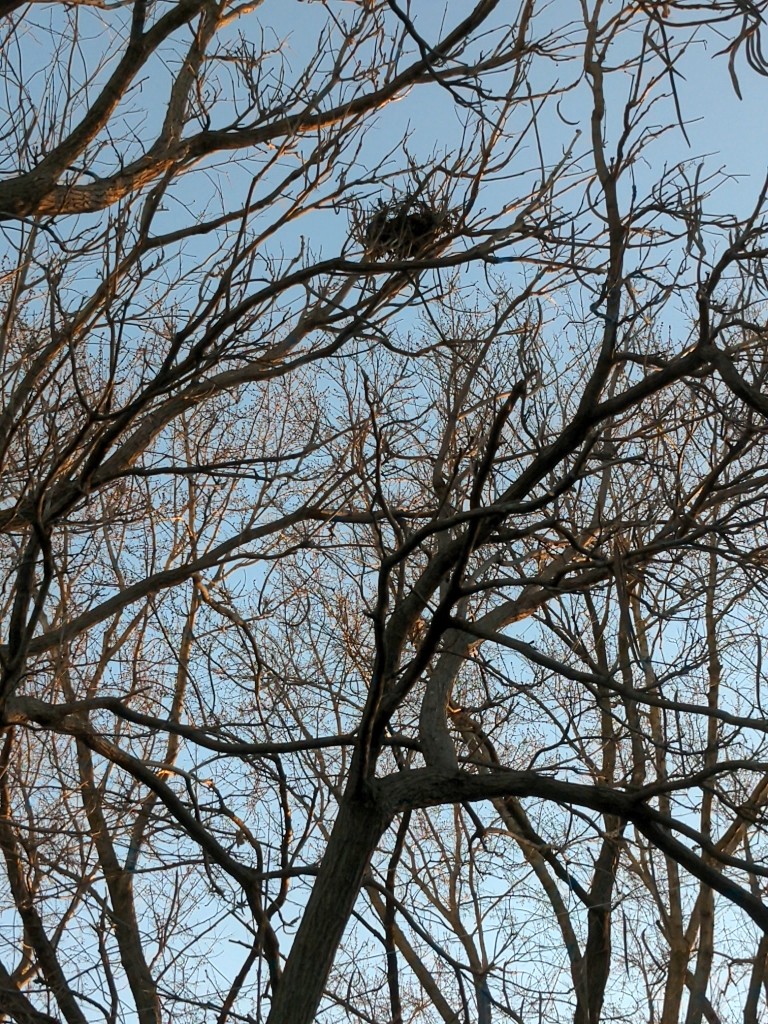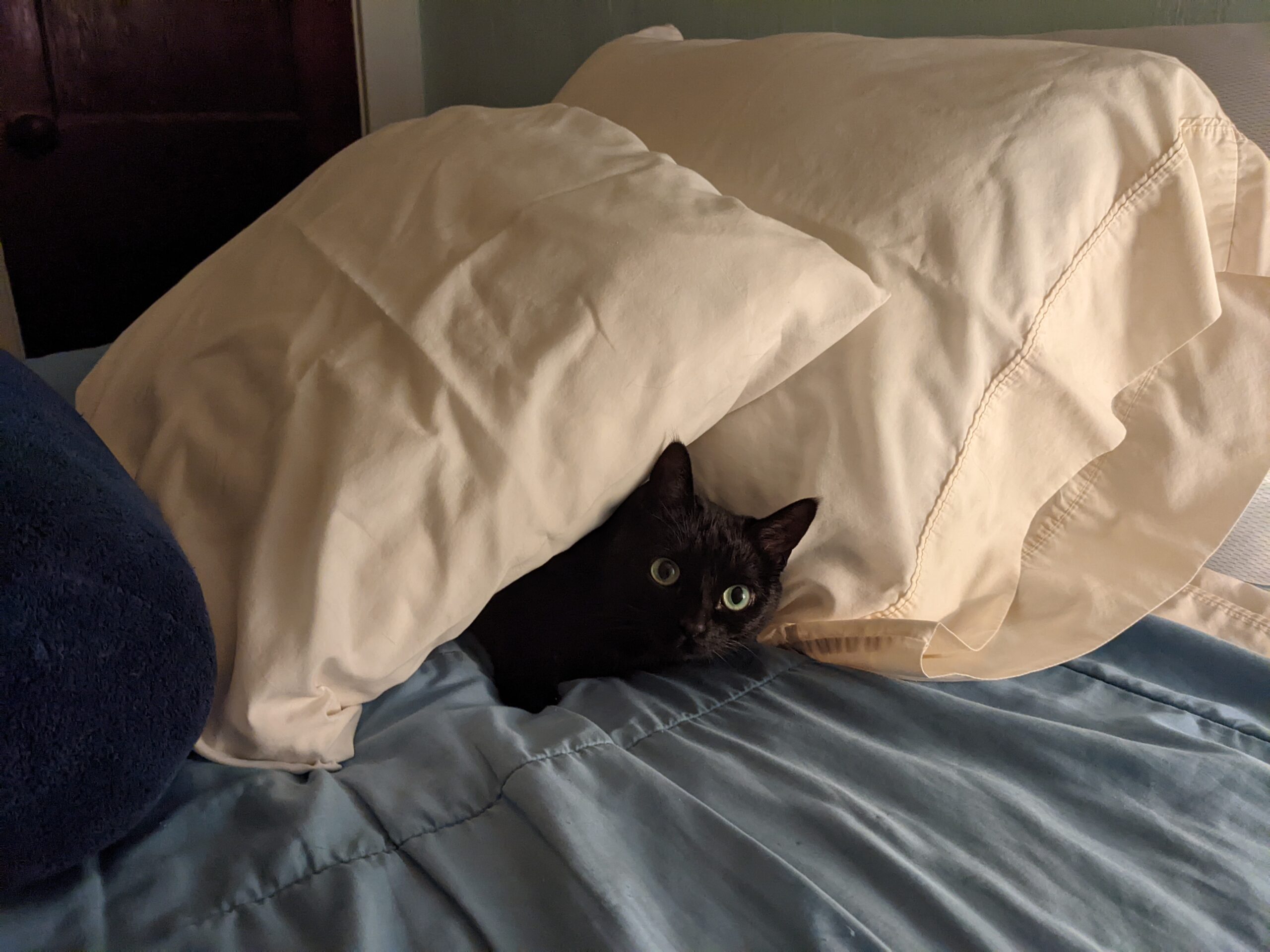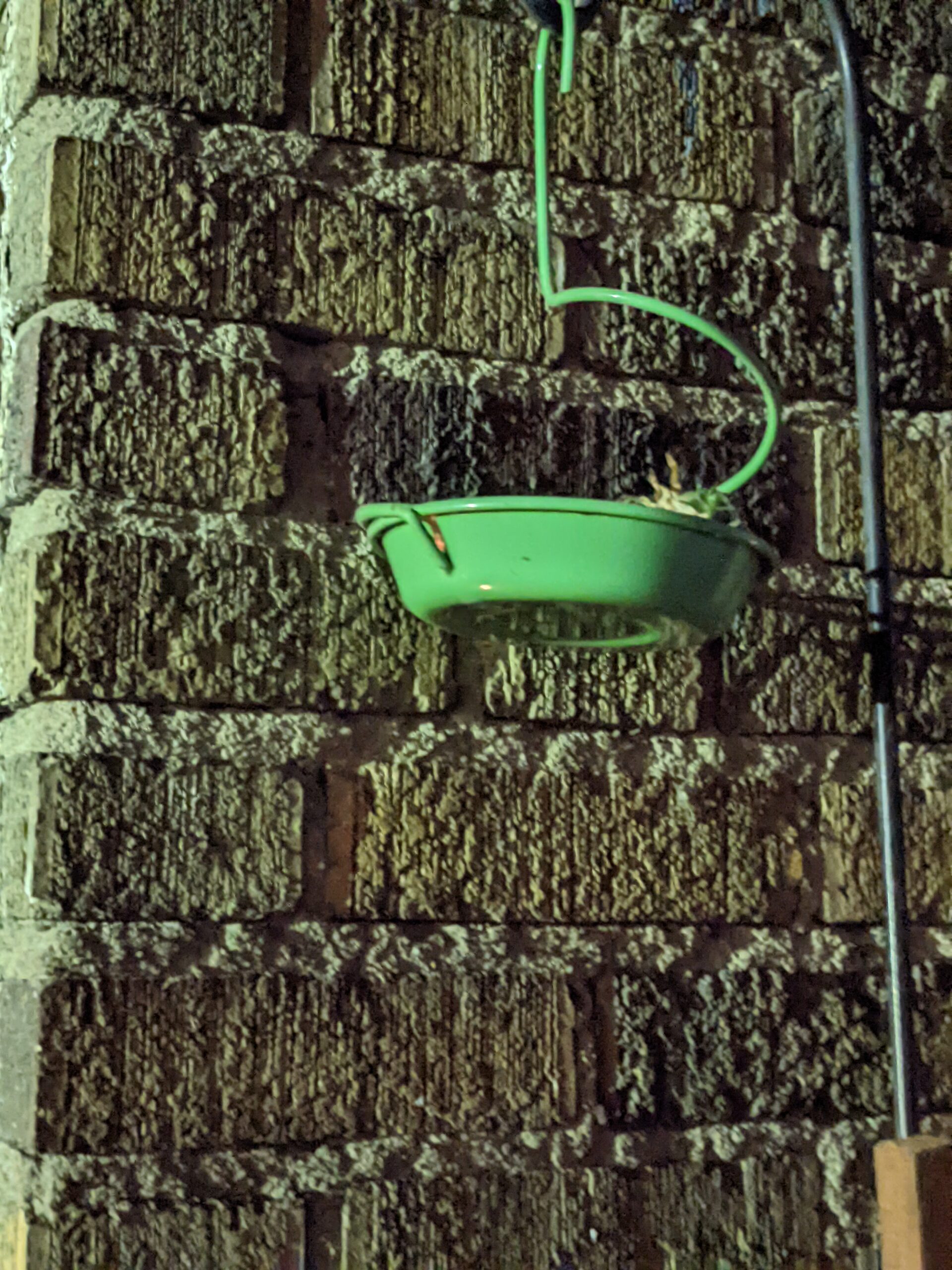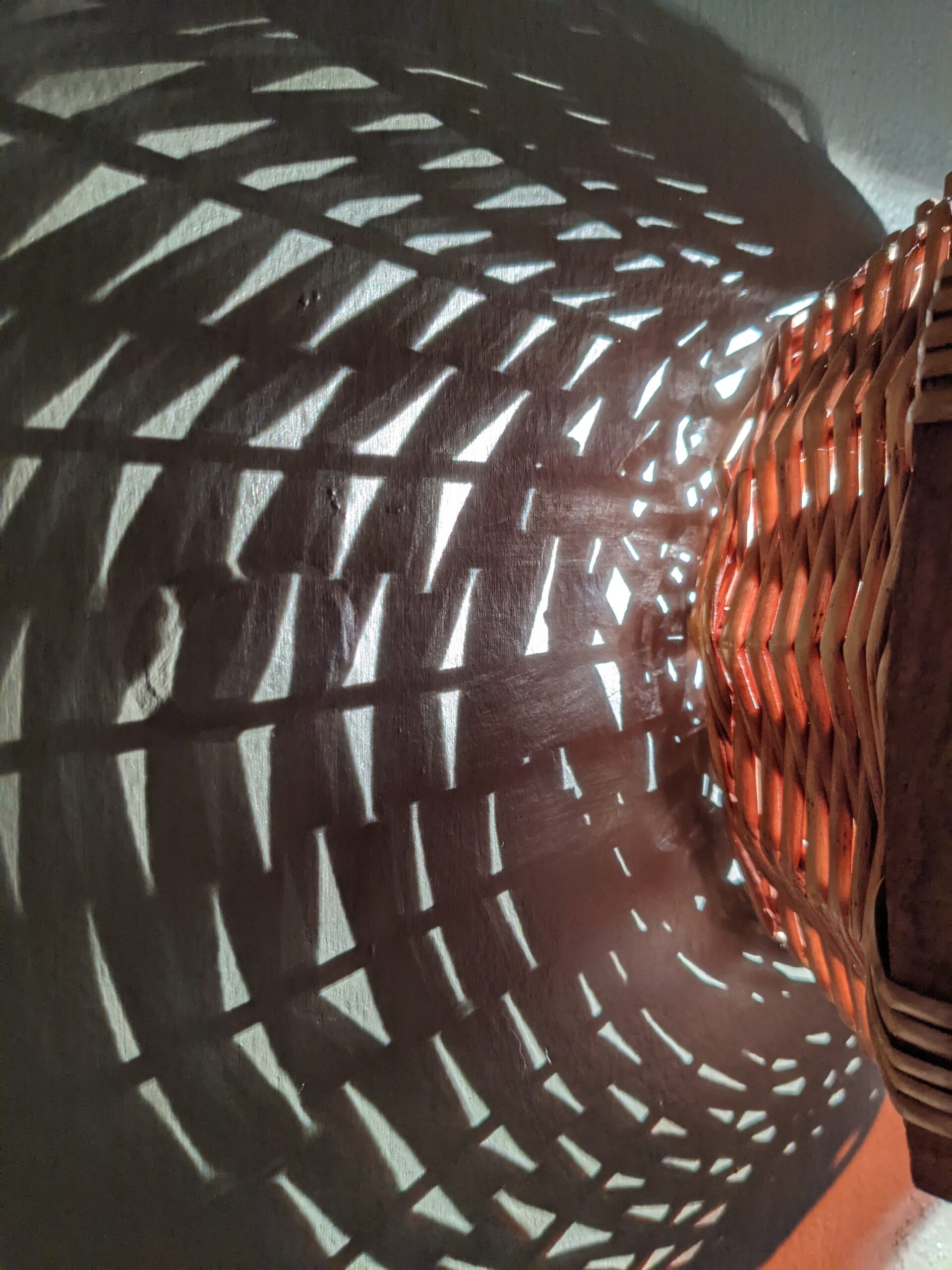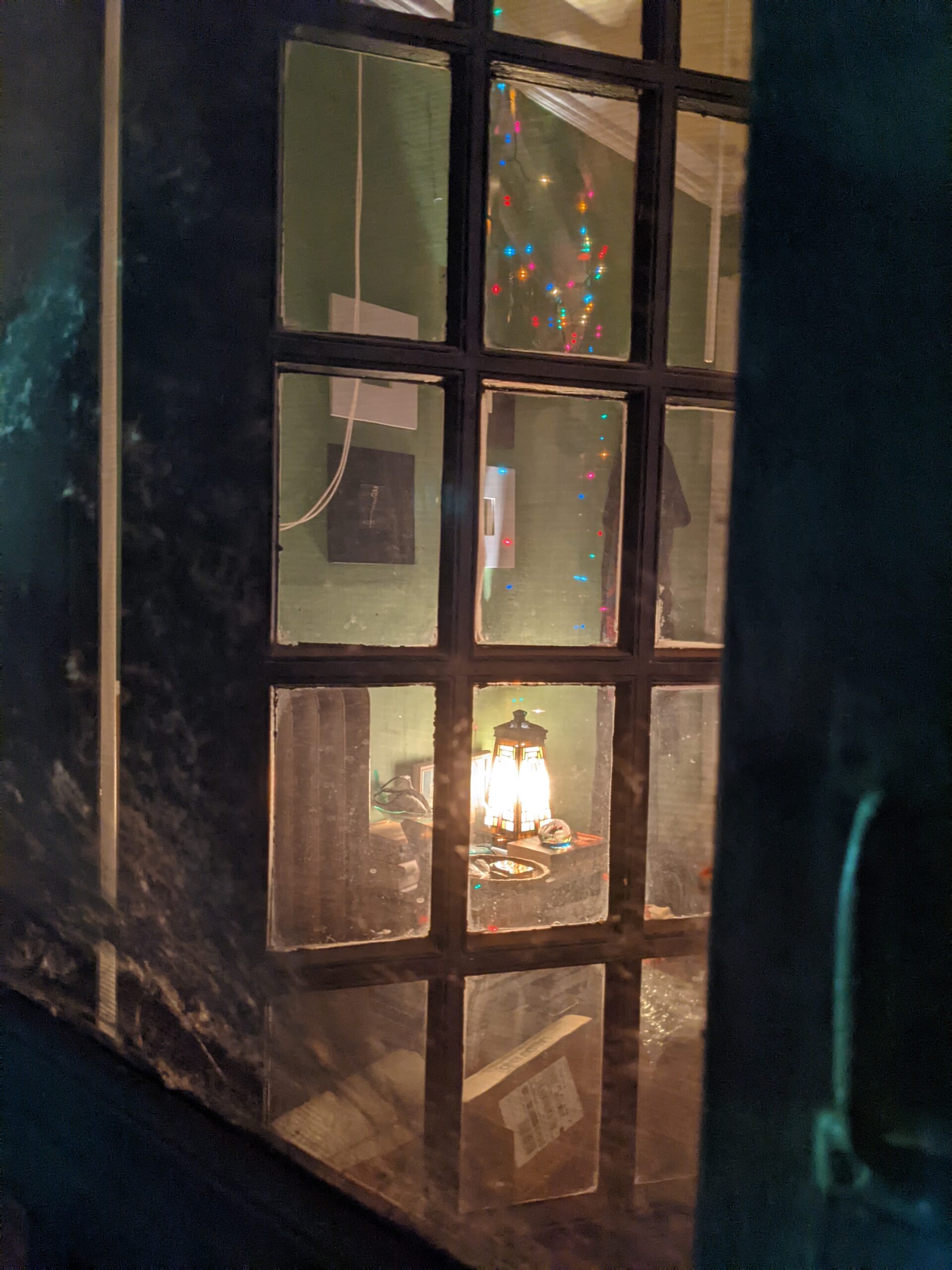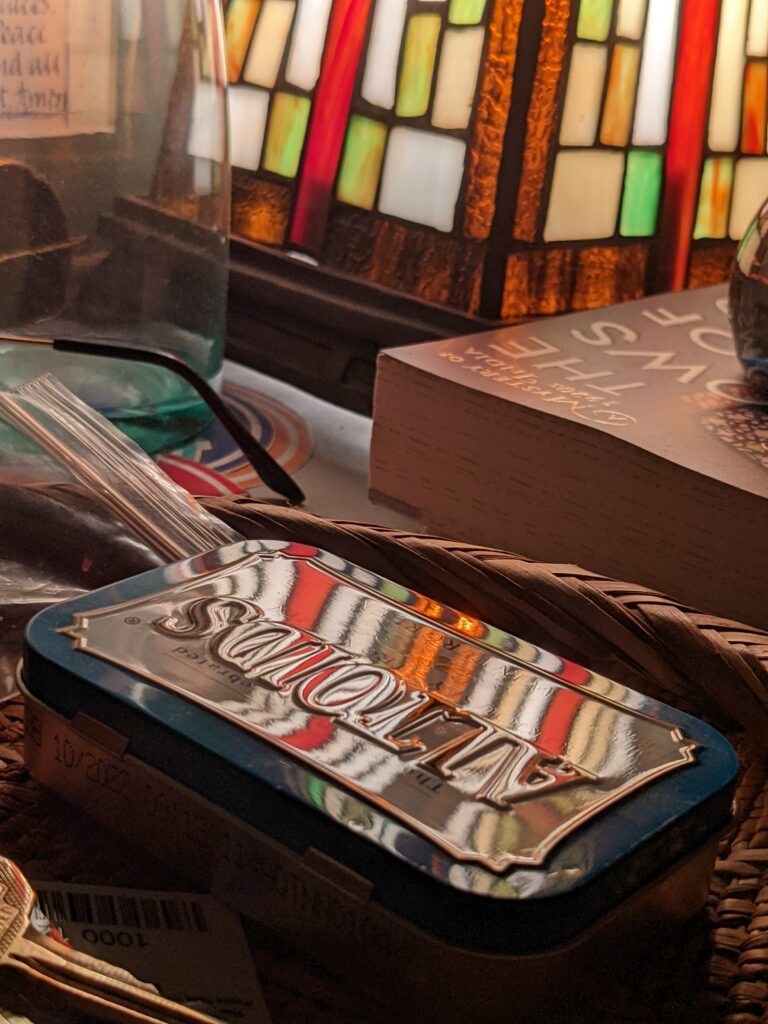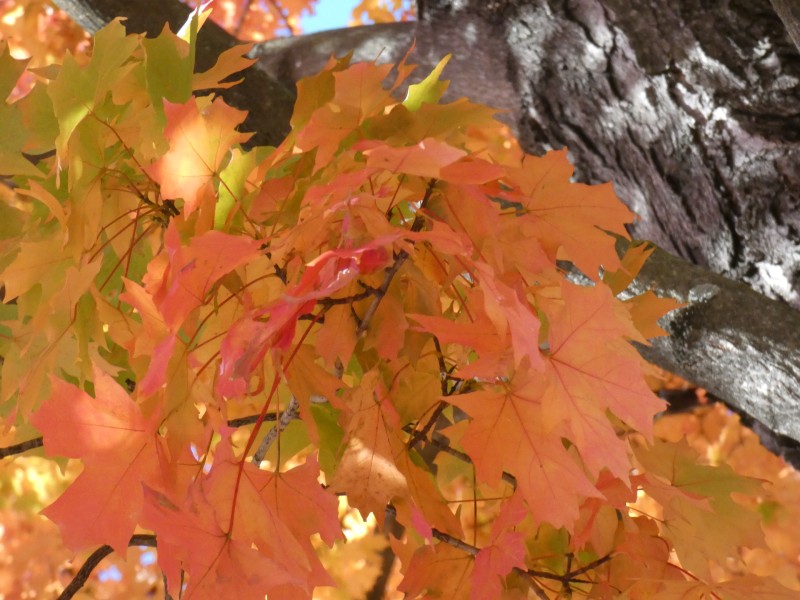The Mudsillers
Last week I posted about the despicable aims of authoritarians both at home and abroad, and how our definition of “The Bad Guys” has to recalibrate for a new age. Since then, I’ve discovered more about what that means. Yes, it’s a new age, and old terms are not a perfect fit. But the past is prologue to the story we’re in now.
This week in the war in Ukraine:
These conscripts dug trenches in the Red Forest of the Chernobyl Exclusion Zone, and probably got their lifetime rads, and then some, within the hour. Some reports say they didn’t even know what the Chernobyl complex was when they occupied it. What a boneheaded move, one might say. What terrible tactics. And how can you not know what Chernobyl was?
But it turns out that it’s really quite simple. The Russian command simply does not regard the safety or support of its rank and file, and this is, I am told, a longstanding posture going back to the USSR. They throw bodies at their theatres of war until they win — or founder. According to President Zelensky, he tried to get Russian command to collect their dead from the streets of contested cities; they wouldn’t.
Surely this can’t be true — it’s too horrifying. But the evidence piles up in independent reports and social media uploads; and the treatment of cities like Mariupol, a testament of rubble to undeniable war crimes, confirms the logic. These conscripts are trained in trauma that apparently makes Full Metal Jacket look like a stroll in the park; shoved across the border with armor and provisions that are the crumbs left over from grift; and bid to pay forward as much cruelty as they can. And many of them do.
To be honest, though I consider myself as a writer to have a fairly robust invention of horrors, I had simply never conceived this. Cruelties toward the enemy, I could imagine; but not a corresponding abyss of disrespect for one’s own troops. Even in Ann Leckie’s Justice trilogy, the Radch empire’s ancillaries are fed into the maw of war only after being converted from human POWs to ships’ apparatus.
But there is one aspect of those books that illuminates this real-world enormity. Early in Ancillary Justice, two officers are talking about ancillaries and the imperial project. One officer, who is of a much higher caste than the other, says: “Here’s the truth: luxury always comes at someone else’s expense….When you grow up knowing that you deserve to be on top, that the lesser houses exist to serve your house’s glorious destiny, you take such things for granted. You’re born assuming that someone else is paying the cost of your life. It’s just the way things are.” The way things are is a statement with religious overtones in Radch society; it is pious to believe that both luxury and misery are wholly deserved by the people who experience them.
This has a direct correspondence in real life to the idea of the mudsill people, an analogy devised by a South Carolina senator to not only justify but celebrate the institution of slavery. The mudsill, the lowest foundation of a building that keeps it stable and protected from the elements below, is essential to the stability of the building; as southern landowners saw it, some groups of people had a divinely ordained destiny to be the sill plate for their metaphorical houses. Slaves were slaves because they deserved it as inherent inferiors to the people who lived on their backs.
Thus while many arguments in democratic societies center around how to develop the economic and social infrastructure to eliminate reliance on groups as mudsills — sweatshops, migrant fruit pickers, miners, factory and food service workers, to name a few — authoritarians are infuriated to see anyone escaping mudsill status and are determined by any means possible to undo all safety nets, all acknowledgments of minority rights, and all the operational structures that make people freer.

If your very sense of self depends on having people set below you and degraded for your benefit and convenience, then no doubt the flourishing existence of healthy democracy is an existential threat. If you regard a sovereign nation as neither sovereign nor a nation, no doubt you will do colossally stupid things like invade it with a picked-over force and camp out in a nuclear exclusion zone of your predecessors’ own creation. But just because it’s colossally stupid doesn’t mean it’s not dangerous. And just because it’s not our cities being shelled doesn’t mean we’re not in it up to the eyeballs. We might equip and train our army better, but we’re fighting mudsill malevolence just as much here as Ukrainians are there.
We have less to fear than the mudsiller authoritarians. But we also have more to lose. Look to your sovereignty, and watch your neighbor’s back.

